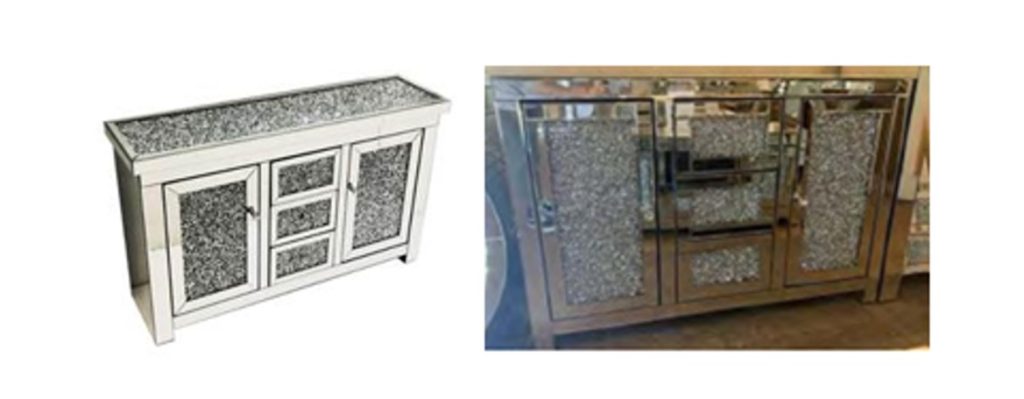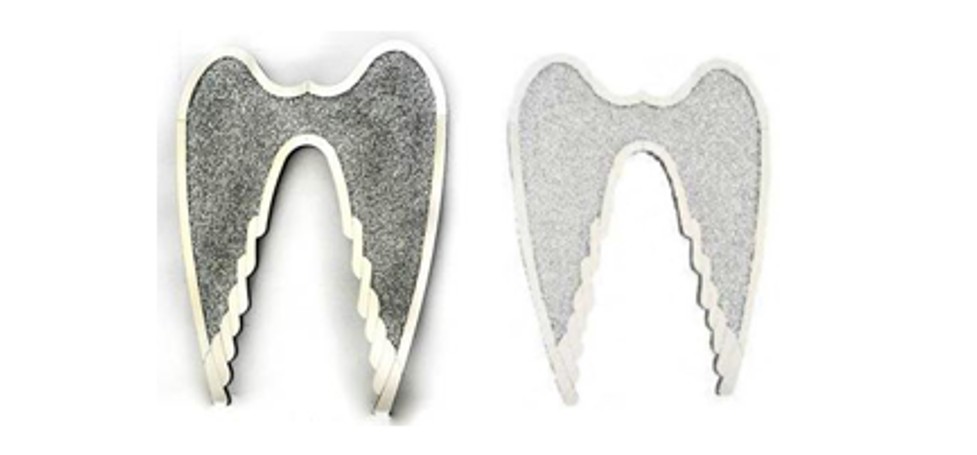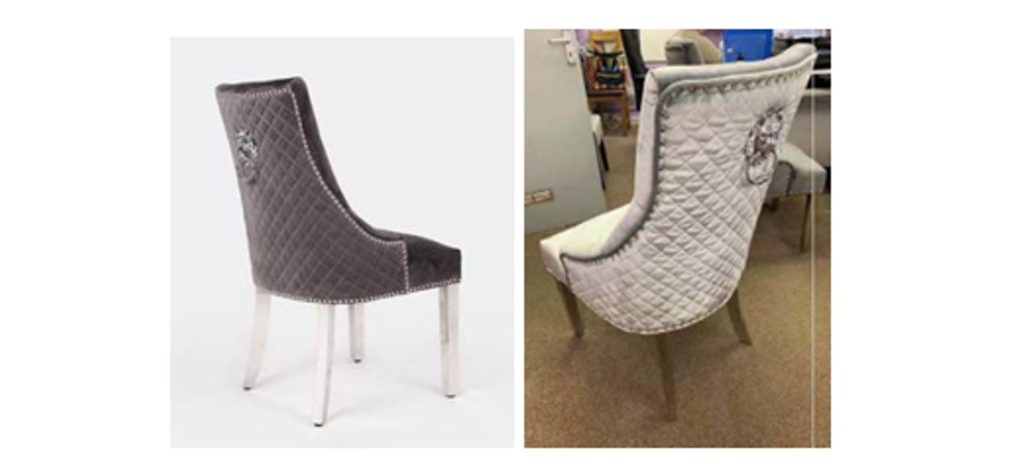Contact
June 27, 2022
Facts
ASR Interiors Ltd issue proceedings against AWS Trading Ltd, a furniture wholesaler, for infringement of three of ASR’s UK registered designs relating to furniture items.
AWS’s defence was that the product alleged to infringe pre-dated the relevant registration relied upon. Therefore, the products complained of either did not infringe ASR’s registrations or they invalidated them.
ASR disputed this, alleging that AWS had falsified its evidence to make it appear that the allegedly infringing products had in fact been made available before the relevant registration dates of ASR’s designs.
Decision
The first issue was whether AWS’s sideboard product, shown below on the right, which was registered on 26 December 2018, produced a different overall impression to ASR’s registered design shown on the left.

Recorder Douglas Campbell QC agreed with AWS’s argument that there were some differences between AWS’s product and ASR’s design:
- the mitre corners on the doors and drawers were different;
- AWS’s product has a plain mirrored diamond top while ASR’s design had a crushed diamond top;
- The handles/knobs on the doors of AWS’s product were in a different place; and
- The amount of left or right overhang on the top board was different.
However, Recorder Campbell said, the overall impression produced on informed users was still the same, e.g., the arrangement of doors at each end, the three drawers in the middle, and the appearance of each such feature, having a distinct border around the perimeter and a crushed diamond finish within such border.
The next question was whether AWS’s product had been made available to the public by means of a sale to Express Living & Beds Ltd around 7 December 2018. Recorder Campbell found that, at most, ten sideboards of some description were imported from China, possibly for onward sale, but this was inconsistent with the customs clearance and delivery invoice put in evidence. Overall, on the basis of the “confusing” evidence, Recorder Campbell found that AWS’s product was not made available to the public before the priority date of ASR’s design registration.
The second issue was whether AWS’s “Roma Wing” product, shown on the right, produced a different overall impression to ASR’s design registration, shown on the left, which was also registered on 26 December 2018:

Again, Recorder Campbell found that the overall impression was the same, rejecting AWS’s argument that they were different because AWS’s wings were larger (irrelevant as ASR’s design was not restricted to any given size), and because the crystals in AWS’s wings were larger (not a difference at all).
As for the date of first disclosure, AWS said that its product was first made available to the public by way of a sale to Discount World in July 2018. Again, however, the documentary evidence was confusing and unsupported by witness evidence. Accordingly, Recorder Campbell found that AWS’s product was not disclosed before the priority date of the design.
The third issue was whether AWS’s “Rose Chair” product, shown below on the right, produced a different overall impression to ASR’s design registration, which was registered on 7 January 2019, shown on the left:

AWS’s witness evidence was that there were differences in the size of the chairs, the fabric, the nap of the fabric, the colours, and the presence of four row buttons [sic] on the back while the registered design had three rows, resulting in a “completely different appearance to the back of the chair”. Recorder Campbell found that the differences were too small to affect the overall impression, which was the same.
AWS also argued that its chair product was made available to the public by way of a sale to Express Living on 7 December 2018. In support, AWS’s director, Nigel Yates, gave evidence that he had personally suggested the design of this product. He said that he had started with the Cheshire Chair, which was the same as the Rose Chair but without the lion head knocker on the back, and he had requested Anji Yuetan Household Co Ltd, Zhejiang Province, China in early 2018 to manufacture chairs like the Cheshire Chair but with the lion head knocker.
However, an email from Anji dated 10 March 2021 showed that Mr Yates’ evidence was false. The email stated that first contact with Anji was closer to March 2021 than early 2018, and that the chair had been developed “by our team”, rather than as suggested by Mr Yates. It also attached various design drawings relating to the Rose Chair, which were dated July 2017. An odd feature of these drawings was, Recorder Campbell said, that the lion’s head was much clearer than the depiction of the rest of the chair. He agreed with ASR’s submission that it looked like it had been added to the drawing later.
Overall, the documentation was again confusing and unclear, leading Recorder Campbell to conclude that the Rose Chair was not made available to the public before the priority date of ASR’s registration.
AWS had therefore infringed all three of ASR’s designs and the counterclaim for invalidity failed. (ASR Interiors Ltd v AWS Trading Ltd [2022] EWHC 372 (IPEC) (24 February 2022) — to read the judgment in full, click here).
Expertise